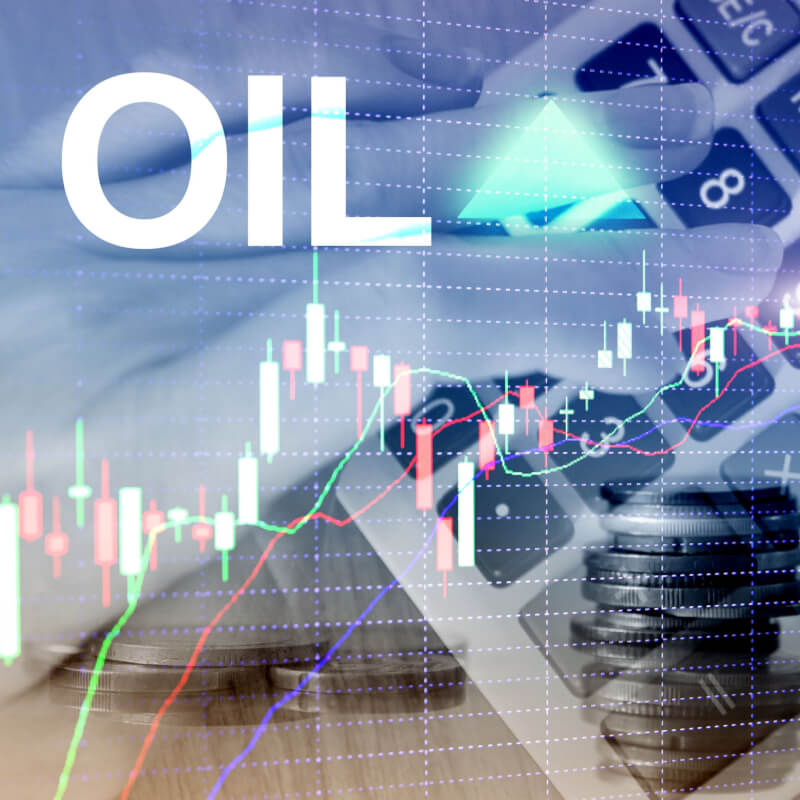In the last 24 hours, speculation and sentiment surrounding oil prices have taken a concerning turn. Oil watchers across the globe are now bracing for an imminent crude oil shortage as a result of Iran’s missile attacks on Israel.
OPEC+ scheduled output increase in December of this year contributed to the prevailing perception of stronger supply in the market. Iran’s October attack on Israel, coupled with its position as the third-largest producer among the Organization of Petroleum Exporting Countries, compromises the global oil supply chain. Bob McNally, president of Rapidan Energy Group, told CNBC, “As Israel turns from Gaza to Lebanon and Iran, the war is entering a new and more energy-related phase.”
Saul Kavonic, senior energy analyst at MST Marquee, echoed the concern over oil price hikes to CNBC, stating that “another attack or tighter sanctions” on Iran could “send prices to $100 per barrel again,” compared to the $70 levels seen at present. Several analysts worry that Iran’s oil infrastructure poses an active threat to Israel’s impending response.
Mohamed Hashad, Chief Market Strategist at Noor Capital, offers a speculative stance on global oil supply shortages. “Despite escalating Middle East tensions, supply fears remain relatively contained, with market participants still assessing the likelihood of a broader regional conflict,” Hashad remarked. In the likely event of a halt in Iran’s exports, oil prices could surpass $100 per barrel. This jump in “oil prices could trigger another global inflation shock,” Hashad warns.






